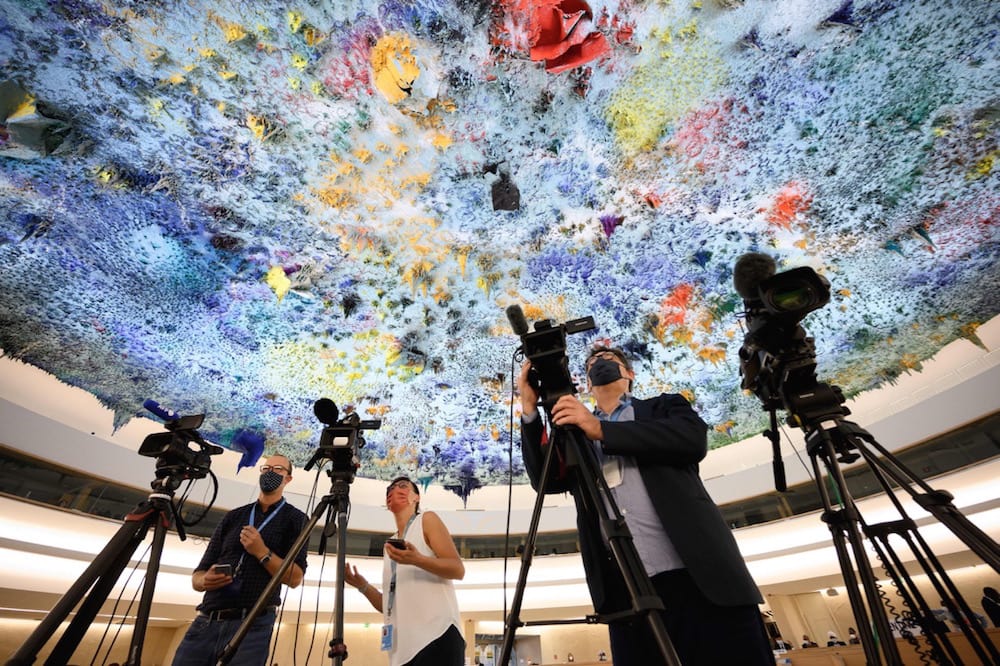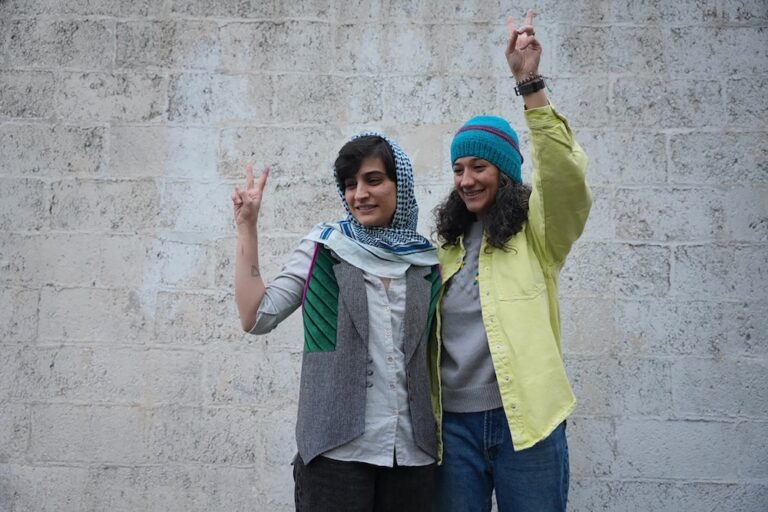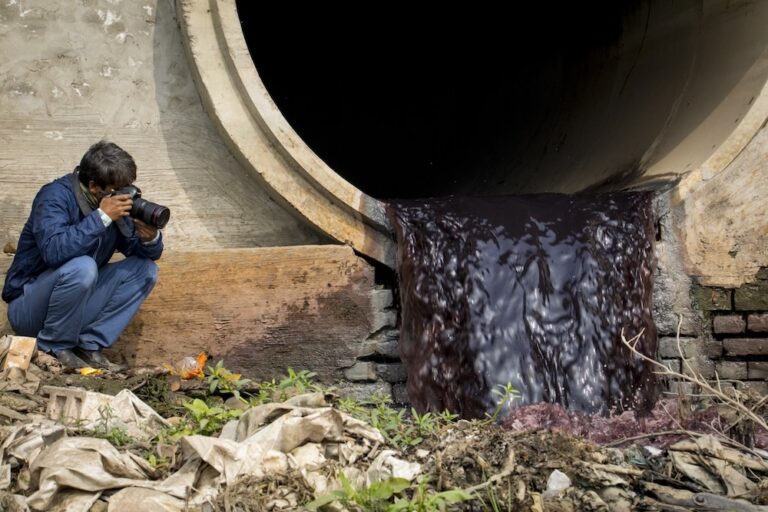A draft resolution, presented at the 48th session of the UN Human Rights Council, aims to strengthen the responses by the UN and States to put an end to acts of intimidation and reprisals against those who engage with the UN. States are urged to support the adoption of the draft resolution and resist efforts to undermine and weaken it.
To: Member and Observer States of the United Nations Human Rights Council
5 October 2021
HRC48: Support resolution on ‘Cooperation with the United Nations, its representatives and mechanisms in the field of human rights’ at the 48th session of the UN Human Rights Council
Fiji, Ghana, Hungary, Ireland and Uruguay have presented a draft resolution at the 48th session of the UN Human Rights Council on cooperation with the UN. The draft resolution aims to strengthen the responses by the UN and States to put an end to acts of intimidation and reprisals against those who engage with the UN. We urge your delegation to support the adoption of the draft resolution and resist efforts to undermine and weaken it.
Everyone has the right, individually and in association with others, to promote and to strive for the protection and realisation of human rights at the community, national, regional and international levels, to exercise freedoms of expression, association and to communicate with intergovernmental organisations. States have an obligation to ensure the safety and security of persons seeking to engage with the United Nations, including online, to prevent reprisals by State or non-State actors and to condemn, ensure accountability, and access to an effective remedy where reprisals do occur. This right is explicitly recognised in the UN Declaration on Human Rights Defenders and is codified in specific treaty provisions [1], and was reaffirmed by the Human Rights Council at its 42nd session.
The draft resolution also aims to draw attention to the worsening trend of reprisals and intimidation and strengthen the responses by the UN and States. It invites the Secretary-General to submit his annual reprisals report also to the General Assembly as from its seventy-seventh session, which will ensure greater attention to the issue and contribute to a more coherent system-wide response across the UN. The draft resolution also welcomes the role of the Assistant Secretary-General for Human Rights (ASG) and encourages the ASG to strengthen efforts for a more comprehensive UN system wide response to preventing and addressing reprisals, including by information gathering and data analysis and improving and coordinating responses by all UN actors.
The draft resolution also welcomes the steps taken by the President of the Human Rights Council and encourages the President to continue addressing acts of intimidation and reprisals including publicly. The Council President has the responsibility to protect the Council’s processes and defend its integrity, particularly as it relates to the right of civil society to participate fully and safely in its work. Attacks against those that cooperate with the Council, or its mechanisms, constitute not solely an attack on those individuals but on the institution itself, and the President has a crucial role to play in preventing and addressing those attacks. The President addressing reprisals with concerned States and providing information on cases to the Council at each session is an integral aspect of meeting that responsibility. The Council should highlight the importance and legitimacy of publicly addressing cases of reprisals where appropriate, since evidence shows that sustained attention by the UN as well as follow-up on cases by multiple actors within the UN system are more likely to positively impact victims and the Presidency has had a very poor record of publicly engaging on reprisal cases related to the HRC in recent years.
We urge your delegation to support the adoption of the draft resolution on ‘Cooperation with the United Nations, its representatives and mechanisms in the field of human rights’ and to resist efforts to undermine and weaken the draft resolution.



